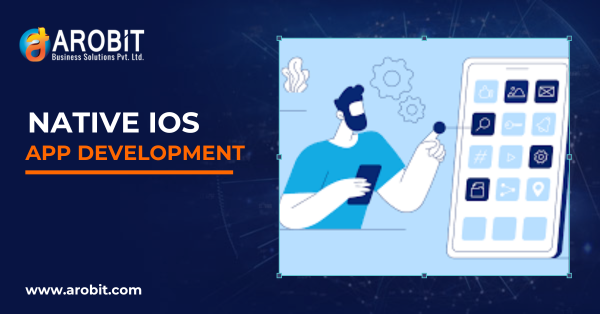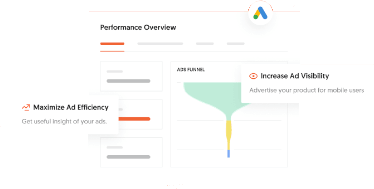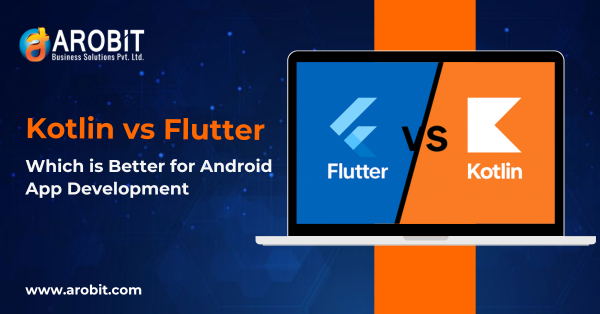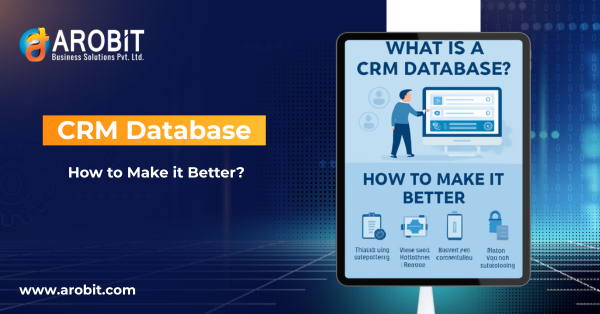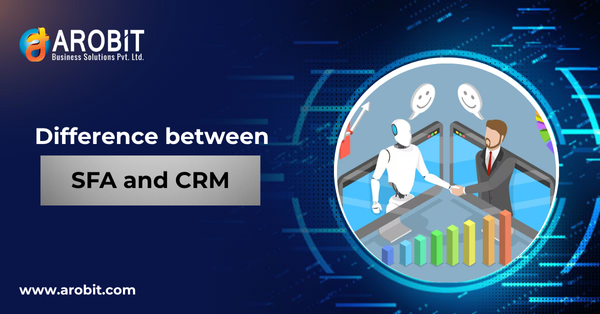In today’s digital-first world, smartphones are far more than communication devices—they’re lifelines for work, entertainment, shopping, and productivity. With millions of apps in the market, businesses that want to stay visible and competitive must meet users where they are: on mobile.
As of 2025, the Apple App Store offers more than 2.2 million iOS applications, and that number continues to rise. While various development approaches exist, native iOS app development stands out for its performance, user experience, and long-term value.
Here’s a comprehensive look at why businesses should consider native iOS apps and how partnering with the right provider of ios app development services can give your brand a competitive edge.
What Is Native iOS App Development?
Native iOS app development refers to building mobile applications specifically for Apple’s iOS operating system using Apple-approved technologies such as Swift, Objective-C, and Xcode. These apps are designed to run exclusively on iPhones and iPads, offering full access to device features and delivering high performance with optimized user experiences.
Popular examples of native iOS apps include Spotify, LinkedIn, and WhatsApp—platforms known for their speed, responsiveness, and intuitive interfaces.
Top 10 Benefits of Native iOS App Development
1. Exceptional Performance
Native iOS apps are built using platform-specific programming languages, allowing them to run faster and more efficiently. Since these apps directly interact with iOS APIs, they don’t rely on third-party frameworks, which minimizes lag and maximizes performance.
2. High-End Security
Security is a top concern for any digital product. Native development allows access to Apple’s built-in security tools, including secure APIs, biometric authentication, and data encryption. With native apps, you’re better equipped to protect sensitive user data and comply with privacy regulations.
3. Minimal Bugs and Maintenance
Native development separates your codebases for iOS and Android, resulting in cleaner architecture and fewer bugs. Platform-specific SDKs also make it easier to maintain, update, and test each version of the app independently.
4. Superior User Experience (UX)
iOS apps built natively follow Apple’s Human Interface Guidelines, which ensure consistent design, layout, and interaction patterns across devices. This makes your app easier to use, more intuitive, and more likely to engage users long-term.
5. Advanced Customization
Native apps provide direct access to iOS features like the camera, GPS, microphone, Face ID, and more. This allows businesses to create highly customized and feature-rich applications that go beyond the limitations of hybrid frameworks.
6. Better Scalability
With native development, businesses can scale apps independently. Whether you're adding new features, expanding integrations, or optimizing for new devices, native iOS apps can evolve without worrying about cross-platform constraints.
7. Ongoing Platform Support
Apple frequently updates its SDKs and development tools, ensuring ongoing support for native applications. You benefit from immediate access to the latest features and compatibility updates, helping your app stay current with new iOS versions.
8. Offline Functionality
Native iOS apps can function offline, allowing users to access essential features without an internet connection. This improves usability and makes your app more resilient in real-world scenarios.
9. Easier App Store Approval
Because native iOS apps follow Apple’s design and technical standards, they’re more likely to pass App Store reviews quickly and without complications. This speeds up time-to-market and enhances your app’s credibility.
10. Long-Term Value
While native development may involve a higher upfront investment than hybrid solutions, the return on investment is significantly higher. Faster performance, fewer crashes, better reviews, and increased retention all contribute to long-term profitability.
When Should You Choose Native iOS Development?
Native development is ideal if:
- You need an app with high responsiveness and performance
- You plan to leverage iOS-specific features like ARKit, SiriKit, or Apple Pay
- You want maximum security and data protection
- You expect high user engagement and retention
- You’re focused on creating a premium user experience
Key Considerations Before Starting
Before launching your native iOS project, evaluate:
- Time-to-market expectations
- Budget allocation
- Feature complexity
- UX/UI expectations
- Availability of skilled Swift/Objective-C developers
Why Partner with Arobit for iOS App Development?
At Arobit, we specialize in delivering customer-centric, high-performing iOS apps tailored to your business goals. As a trusted provider of ios app development services, we bring:
- Over a decade of experience in mobile app development
- A dedicated in-house team of iOS experts
- Proven success across industries like FinTech, HealthTech, Education & Retail
- End-to-end support—from ideation to App Store launch
Our goal is to help you create scalable, secure, and engaging mobile apps that align with modern user expectations and Apple's technical ecosystem.
Final Thoughts
Native iOS app development is the gold standard for businesses aiming to deliver top-tier performance, unmatched UX, and future-ready mobile solutions. While hybrid apps may offer convenience, the depth, speed, and reliability of native apps make them a smart long-term investment.
FAQs: Native iOS App Development
1. What is the difference between native and hybrid iOS apps?
Native apps are built specifically for iOS using Swift or Objective-C, offering better performance and user experience. Hybrid apps, on the other hand, use a single codebase across platforms but often lack native capabilities and speed.
2. Is native iOS app development more expensive?
While initial costs may be higher than cross-platform solutions, native apps offer better long-term value through improved performance, higher user engagement, and easier scalability.
3. How long does it take to develop a native iOS app?
Development time can vary based on the app's complexity, but a standard business app typically takes 3 to 6 months from planning to launch.
4. Can native iOS apps work offline?
Yes. One of the key benefits of native development is the ability to enable offline functionality, enhancing user accessibility even without an internet connection.
5. Will my app be future-proof with native development?
Absolutely. Native iOS apps are more adaptable to Apple’s latest updates and technologies, making it easier to keep your app relevant and competitive over time.

